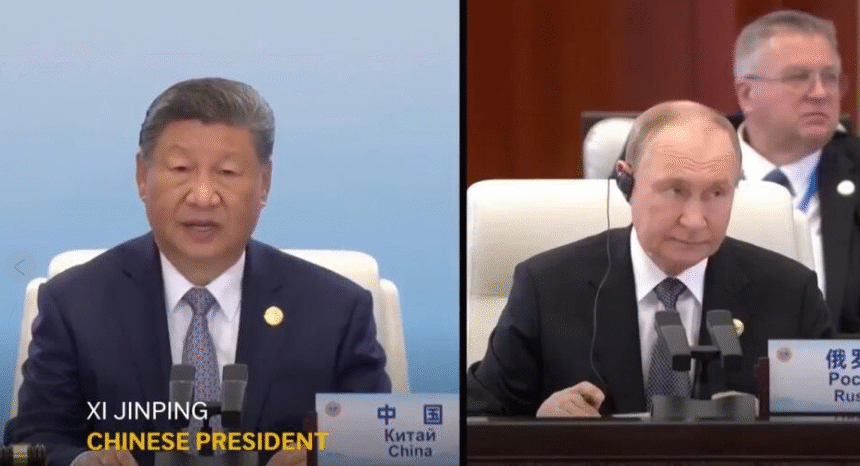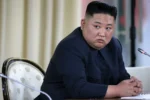Chinese President Xi Jinping announced plans Monday to accelerate the creation of a Shanghai Cooperation Organization (SCO) development bank, aiming to expand the organization’s influence beyond its traditional security-focused role. The remarks came at the opening of the SCO summit in Tianjin, which brings together leaders from Russia, India, and other member states.
New Development Bank and Financial Support
Xi pledged $1.4 billion in loans over the next three years to SCO members. While these loans are not explicitly earmarked for the new development bank, the announcement signals China’s intent to strengthen the organization’s economic role. No specific timeline for establishing the bank was provided.
The SCO, founded in 2001, now includes China, Russia, India, Iran, Belarus, Kazakhstan, Kyrgyzstan, Pakistan, Tajikistan, and Uzbekistan, with Afghanistan and Mongolia as observer states. Fourteen additional countries, including several from the Middle East, participate as “dialogue partners.”
Strategic and Diplomatic Messaging
Xi framed the initiative as part of a broader vision for a multipolar world, advocating for:
- Opposition to Cold War-style confrontations and bloc politics
- Inclusive economic globalization
- A more equitable global governance system under the United Nations
“Member states face increasingly complex and turbulent global challenges,” Xi said, emphasizing the SCO’s potential to provide an alternative platform to the U.S.-led global order.
Security Remains Central
Despite its economic ambitions, the SCO continues to prioritize security cooperation, especially combating terrorism, separatism, and extremism. Critics note that these initiatives often serve authoritarian stability rather than broader counterterrorism goals.
Derek Grossman, international relations professor at USC, observed:
“The SCO’s anti-terrorism exercises often protect regimes rather than address terrorism itself. For global influence, BRICS may be a more effective vehicle.”
Russia, India, and Global Diplomacy
Ahead of the summit, Xi met with Indian Prime Minister Narendra Modi to address long-standing border disputes, while Russian President Vladimir Putin updated Xi on recent Russia-U.S. talks regarding the Ukraine war. Putin emphasized cooperation with China against “discriminatory sanctions” and supported reforms of the IMF and World Bank, framing them as instruments for a fairer global economic system.
North Korea’s Kim Jong Un and Myanmar’s military leader Min Aung Hlaing are not attending the SCO summit, but both will participate in China’s upcoming military parade in Beijing.
China’s push to expand the SCO’s role—through a development bank and increased financial support—reflects a broader diplomatic strategy: strengthen regional alliances, project influence globally, and challenge the U.S.-led international order. Whether the SCO can translate this ambition into meaningful global power remains uncertain, though Xi’s efforts highlight China’s rising diplomatic confidence on the world stage.







